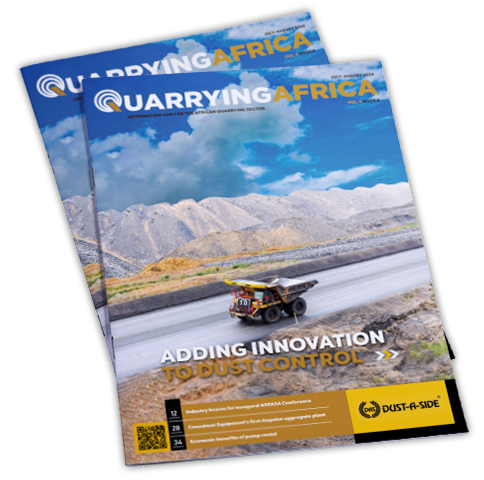Having started his career as a young professional at Volvo CE back in 2003 before joining Swecon Anläggningsmaskiner in 2016, the retail operations for Volvo CE in Sweden, Arndorw assumed his new role on September 11, 2023, and will be based in Eskilstuna, Sweden.
In his new role, he is responsible for driving sales, business development and transformation in international markets, with a specific focus on Africa, the Middle East, Turkey, CIS and Oceania countries. His team is the interface between Volvo CE and dealer partners in these regions.
With a Volvo career spanning 20 years, Arndorw brings a wealth of experience to the role and has a good grasp of the task at hand. During his time at Swecon Anläggningsmaskiner, where he was the MD prior to assuming his new role, Arndorw demonstrated strong leadership capabilities and drove transformation in the organisation and the way business is conducted in adapting to future needs, all very important for Volvo CE in the years ahead.
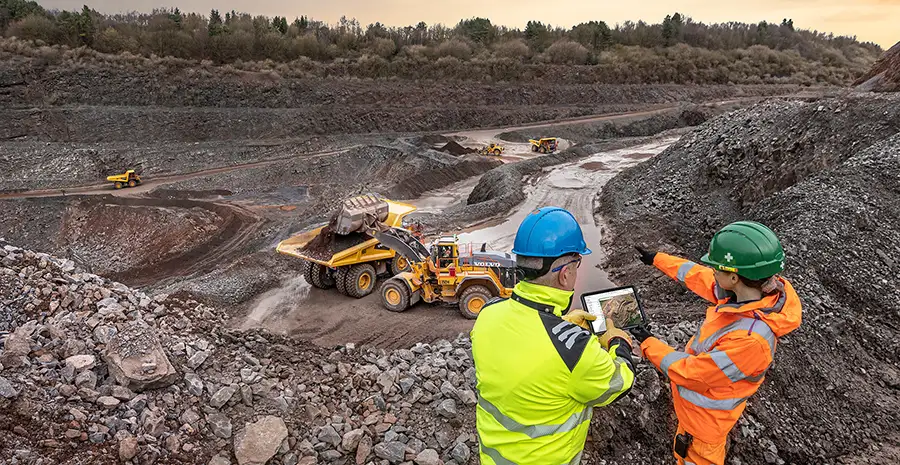
Key priorities
On his immediate to-do list, Arndorw intends to travel across the regions to meet various dealer partners and customers. For him, the initiative is not only about getting to know the various markets, but also, the people behind the Volvo CE business in these important markets – the distribution partners.
“It is important for me to get to know the people on the ground. Our dealers are the ones on the front line; they are the ones our customers see and interact with. Dealers play such a pivotal role in helping us build and maintain close relationships with customers and gain insights into how we can continue to improve our products and services to better meet customers’ evolving needs,” says Arndorw.
Dealer partners, he says, are important to Volvo CE’s quest for improved financial performance in line with the ‘perform and transform’ theme championed across the Volvo Group. Despite the challenges associated with the Covid-19 pandemic, Volvo CE has seen massive business growth in the past few years, on the back of an increase in machine sales across regions.
“However, we need to secure our financial performance for the business in order for us to be able to invest in the transformative technologies shaping the future of our industry. At the same time, we need to accelerate sustainable industry transformation and focus on new solutions that are coming to market to help our customers not only meet their sustainability goals, but also their productivity and efficiency improvement targets,” he says.
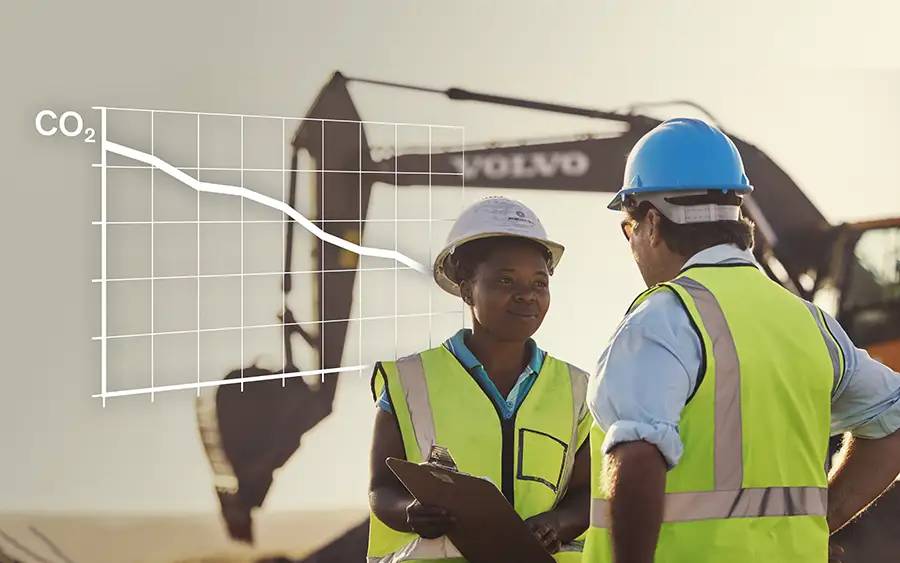
Transformation
Like many other sectors of the global economy, the construction equipment industry is in transition, with increased focus on sustainable solutions and new technologies. On the back of this transition, Volvo CE has adopted an innovation roadmap within areas such as electrification, automation and connected solutions.
Arndorw makes special mention of Volvo CE’s target to have 35% fully electric sales by 2030, with the ultimate goal to be net-zero in its value chain by 2040. This will enable net-zero customer fleets by 2050.
As part of its commitment to “build the world we want to live in”, Volvo CE is taking the lead in transformation, continuing to deliver reliable, efficient and more sustainable solutions fit for its customers’ needs today, while driving investment across its business towards a zero-emission future.
“In line with the Volvo Group roadmap, Volvo CE’s target is to offer zero emission machines by 2040. While electric solutions will take centre stage, we believe that ultimately sustainability will be achieved through a combination of carbon neutral technologies such as alternative fuels,” says Arndorw. “It is, however, important to note that the bigger part of our offering will be driven by electric power, including battery electric, fuel cell electric and grid-connected machines.”
Despite the lack of legislative instruments across several regions in the world, which is the case in Africa, Arndorw believes that businesses are forging ahead with their transformation targets. As major companies in the industry continue to take action to align their businesses with what scientists say is needed to limit the worst impacts of climate change, Volvo CE is hard at work to develop solutions to help its customers meet their sustainability goals.
Rethinking processes
Achieving sustainable operations in mining and quarrying, says Arndorw, will also call for rethinking of current processes. “I think there will be need for industry to look at things differently,” he says. “In production applications, such as quarries and mines, that involve repetitive jobs and moving large amounts of materials, we believe that the future lies in autonomous solutions.”
While electric solutions are taking shape at the larger end of the equipment scale, electrification of larger off-highway equipment might still be elusive in the near future. Arndorw believes that it is therefore important for mines to relook at their operations. Instead of deploying traditional larger solutions, for example, a mine can consider two or three smaller solutions that can deliver the same tonnages.
This mindset shift, however, will call for a new approach to mine design to fit the new, smaller solutions deployed in the mine and the services around them.
“Because they are taking time to embrace tech-enabled transformation, mining, quarrying and construction sites still struggle to improve their productivity. To revolutionise the way they operate and deliver much-needed productivity gains, it is important to relook at the way they operate and rev the engines of tech-enabled transformation to tap into the true potential of their operations,” concludes Arndorw.
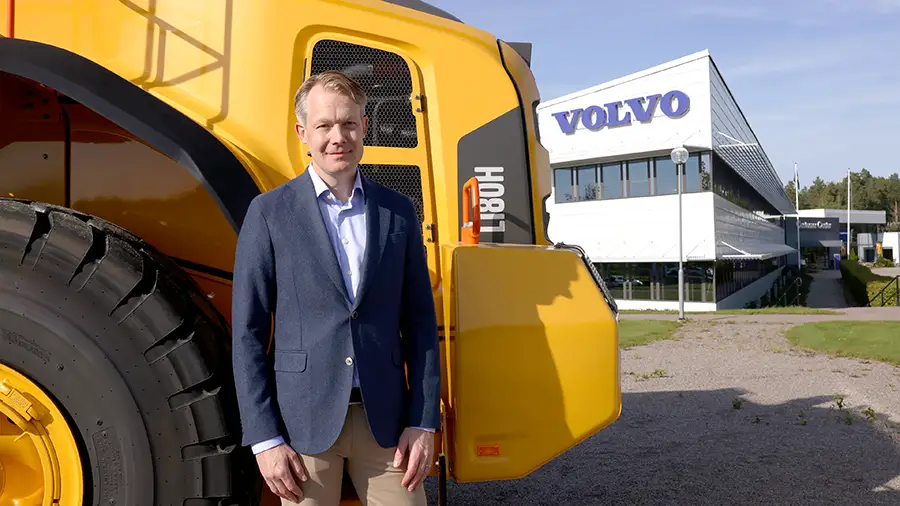
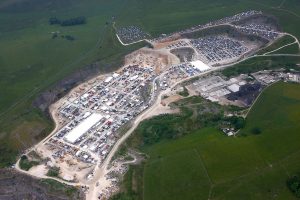
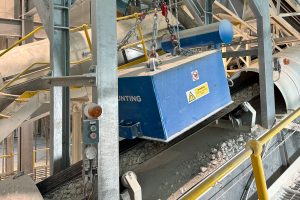


![Data from the World Risk Poll shows that one in five (21%) people in mining and quarrying occupations have experienced harm at work in the past two years. [Photo by Shane McLendon on Unsplash]](https://quarryingafrica.com/wp-content/uploads/2024/10/shane-mclendon-89hUOLtVfoI-unsplash-300x225.jpg)
